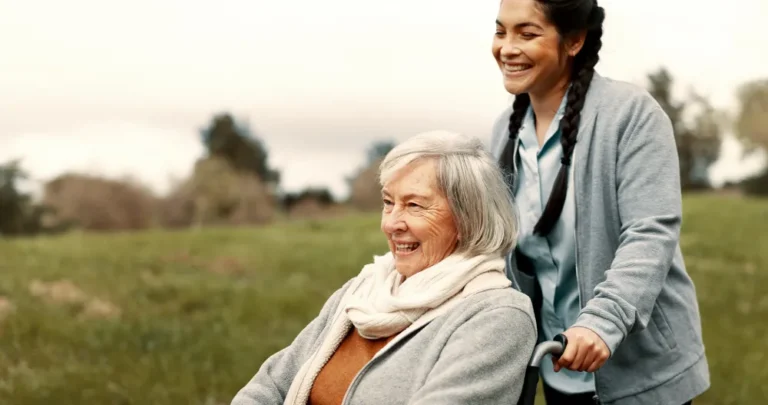Making the decision to select end-of-life care for a loved one can be difficult. You want to ensure they receive the best possible care, but you also don’t want to stress them out or overwhelm them. Here is a guide to selecting this type of care at home so you can make the right choice for your loved one.
Start by considering what your loved one’s needs are
End-of-life care is an important but often difficult topic to think about. When a loved one is approaching the end of their life, it’s important to start by considering what their needs are. What kind of medical care do they need? What kind of emotional support do they need? What kind of spiritual support do they need?
Answering these questions can help you to provide the best possible care for your loved one during this difficult time. It also helps you figure out how to get them the end-of-life care they need from people who are trained to meet these requirements at home.
Research the kind of support care providers offer
End-of-life care is an important, but often overlooked, aspect of health care. Many people do not receive the kind of support they need during this time.
End-of-life care providers can offer a wide range of services, from emotional support to practical help with day-to-day tasks. They can also provide information about end-of-life planning, including end-of-life directives and funeral arrangements. In addition, end-of-life care providers can help connect patients and families with resources such as hospice care and grief counselling.
While end-of-life care is not always easy to talk about, it is an important part of ensuring that everyone receives the kind of care they need at this difficult time.
Find a compassionate team with plenty of experience
When a loved one is nearing the end of their life, it’s important to find a team of compassionate caregivers with plenty of experience to provide end-of-life care.
Ultimately, end-of-life care is about more than just keeping your loved one comfortable; it’s also about providing emotional support and guidance for both the patient and their family. The right team will be able to help you navigate this difficult time, providing the care and support your loved one needs to make the most of their remaining time.
With so much at stake, it’s essential to find a team you can trust. Look for caregivers with plenty of experience in end-of-life care, as well as a deep commitment to compassion and empathy. With the right team by your side, you can rest assured that your loved one will receive the best possible care during this difficult time.
Figure out how it complements your own caregiving responsibilities
It’s important to think about end-of-life care before a crisis arises. That way, you can be prepared to make decisions about what kind of care you want to receive, and you can also figure out how end-of-life care will complement your own caregiving responsibilities.
This type of care can include everything from making sure that someone has a comfortable place to stay during their final days to arranging for transportation to and from doctor’s appointments. By taking the time to plan ahead, you can ensure that end-of-life care is a seamless part of your overall caregiving responsibilities.
Choose compassionate and trusted end-of-life care services to support your loved one
As your loved one enters their twilight years, providing them with compassionate and quality care becomes highly important. This involves finding a team of experienced caregivers who understand the needs and concerns of people facing this difficult time. By doing your research and finding the right caregivers for your loved one, you can ensure that they receive the best possible end-of-life care and enjoy their remaining time to the fullest.
If this is something you need support with, our team at myCare is here to give you a hand at this challenging time. We have extensive experience in providing compassionate and quality end-of-life care, and we understand the unique needs of patients and their families. So whether you are looking for guidance on end-of-life planning or support with day-to-day tasks, we are here to help.




